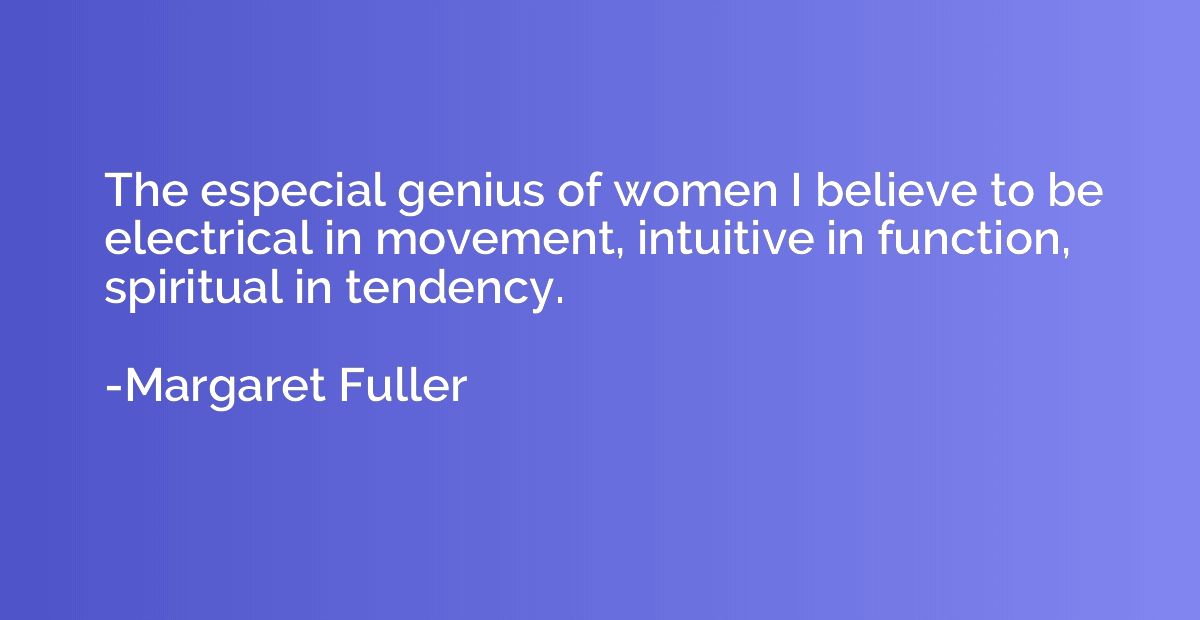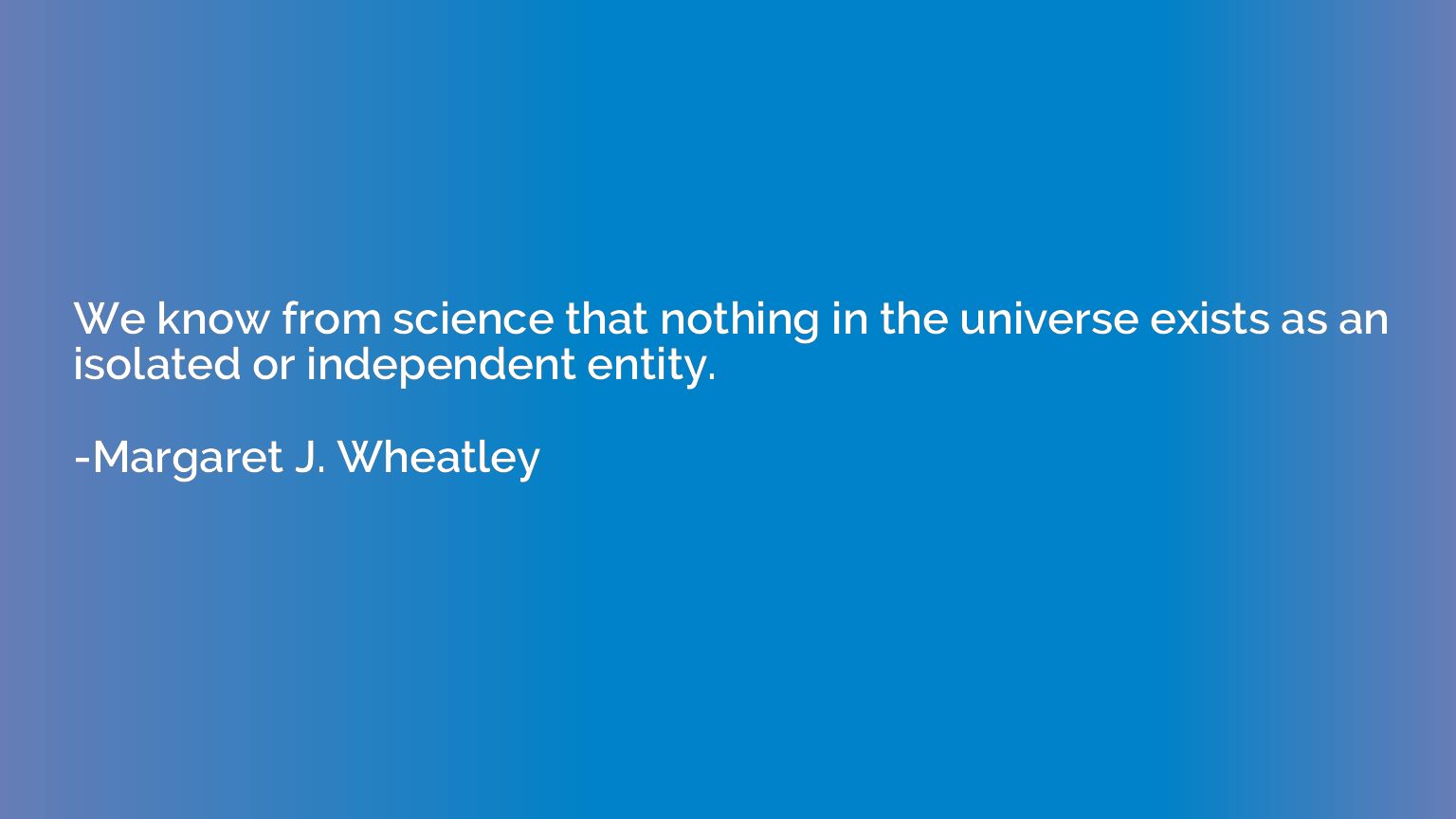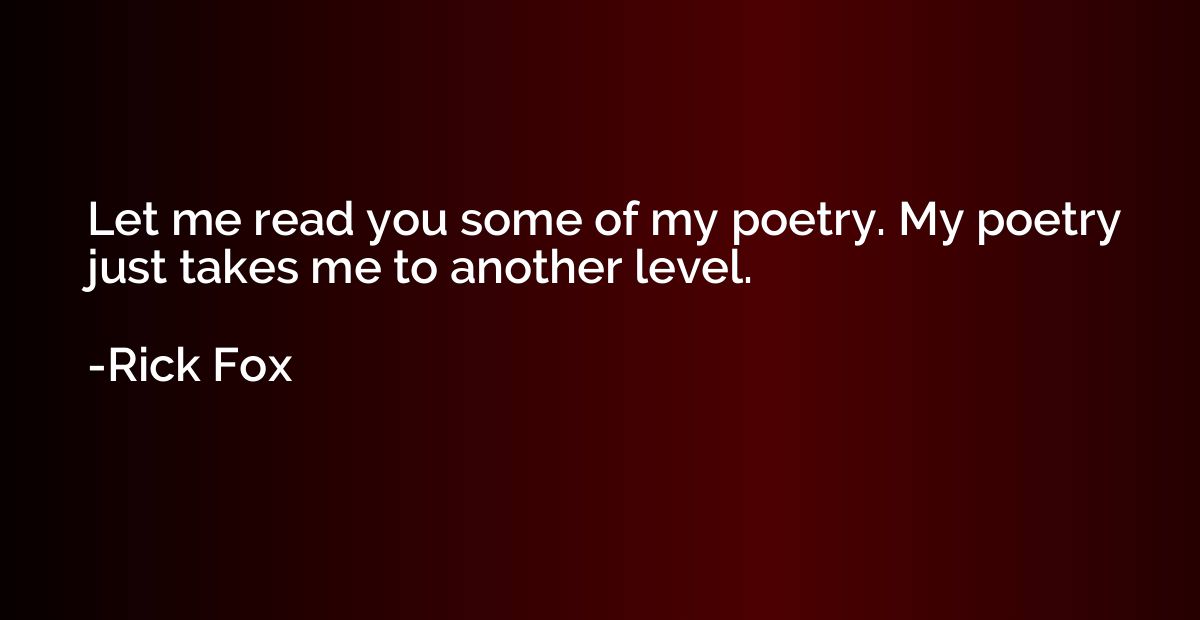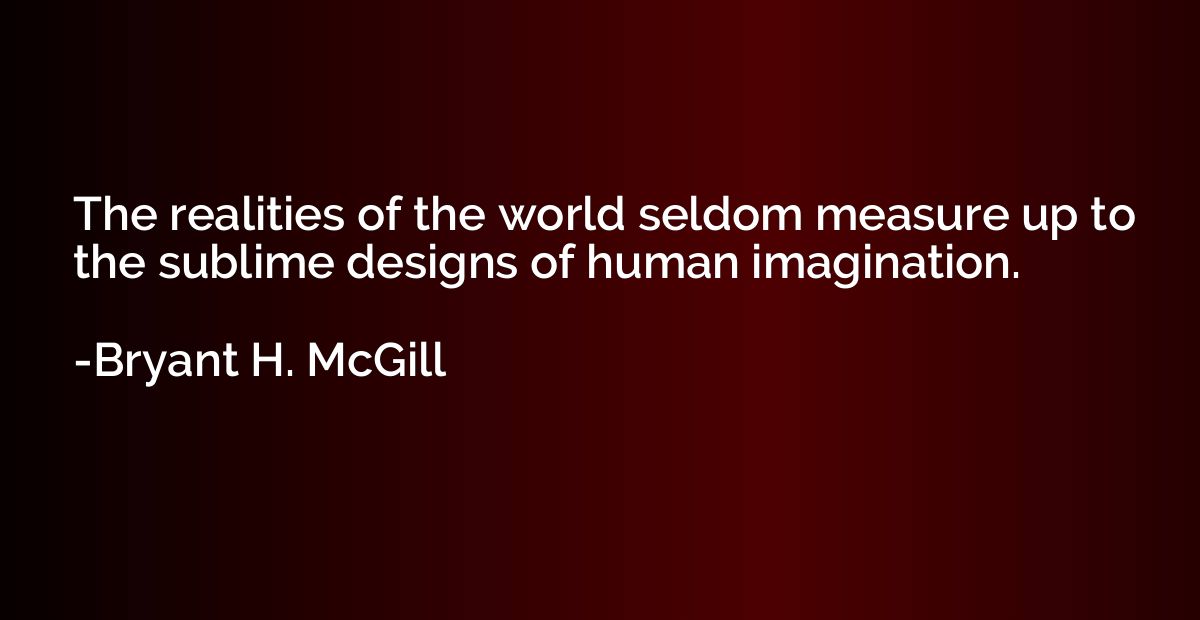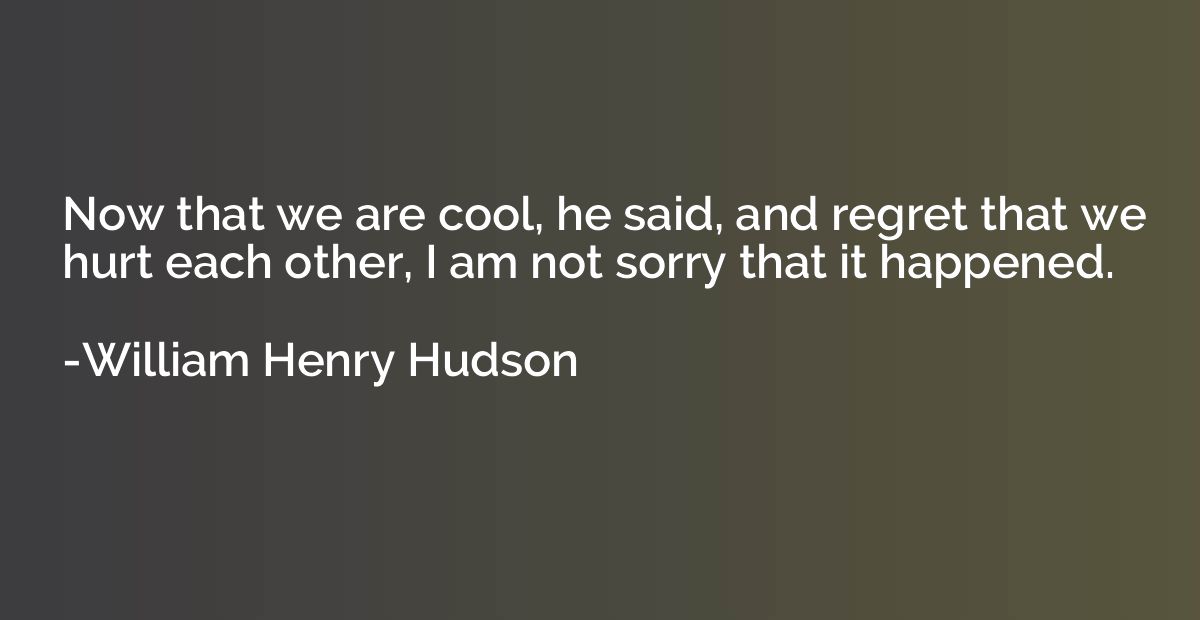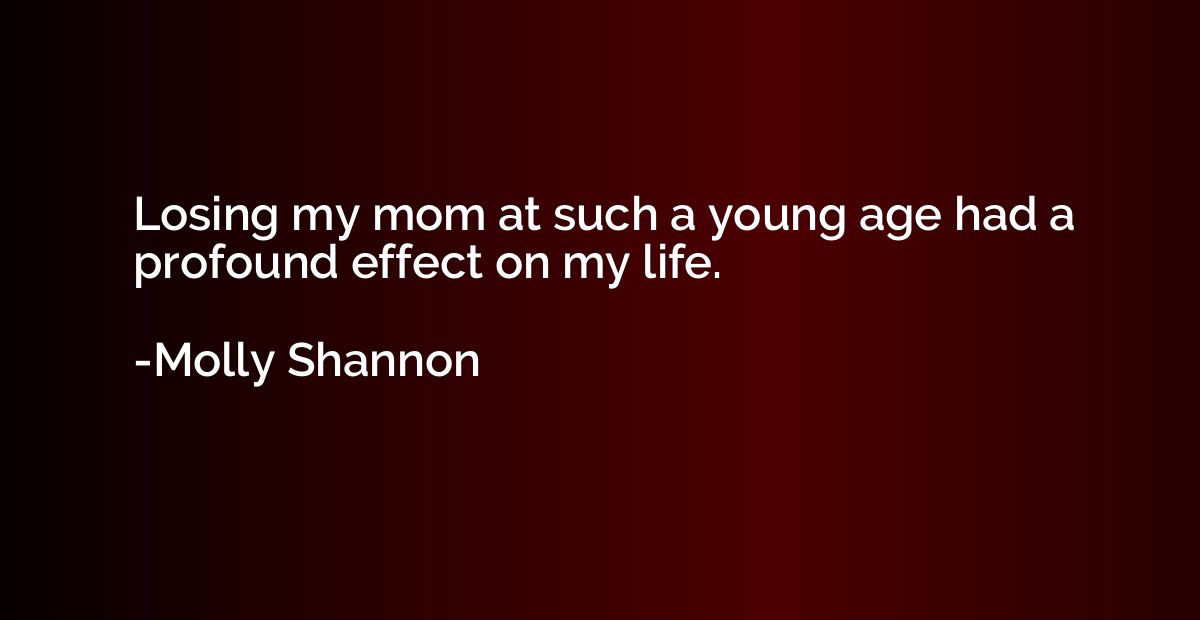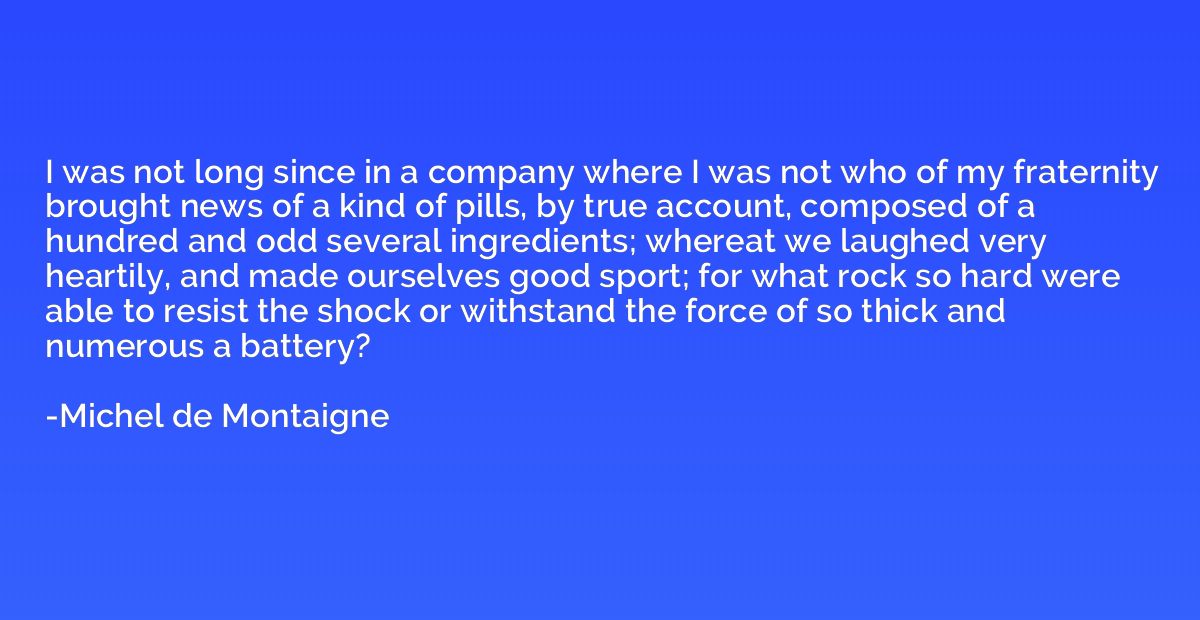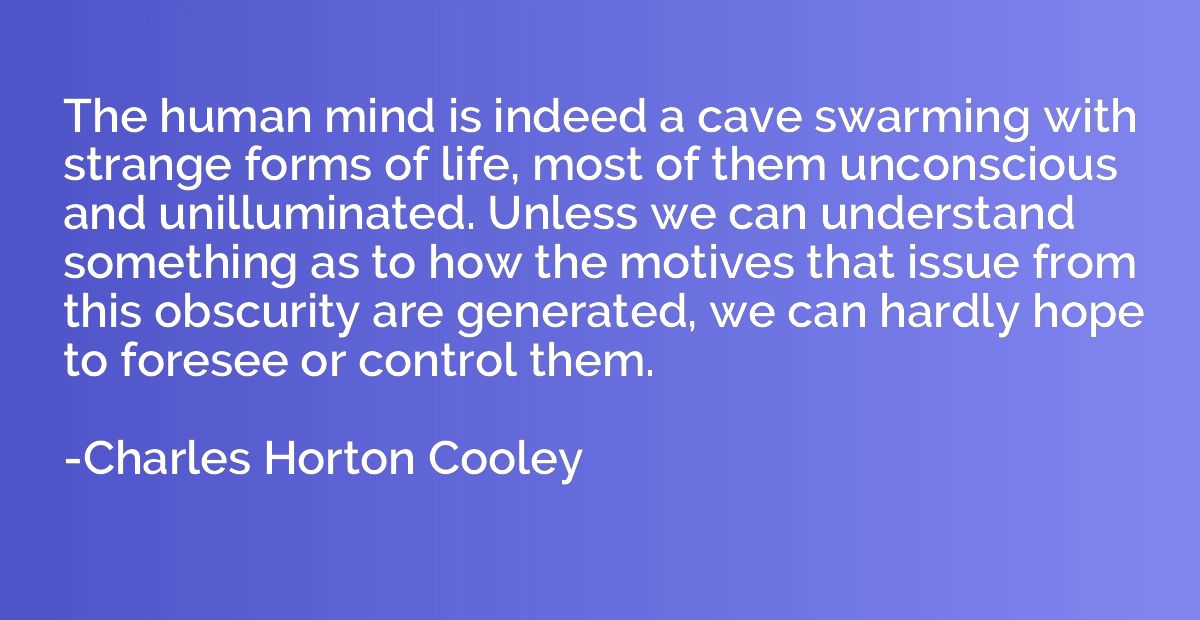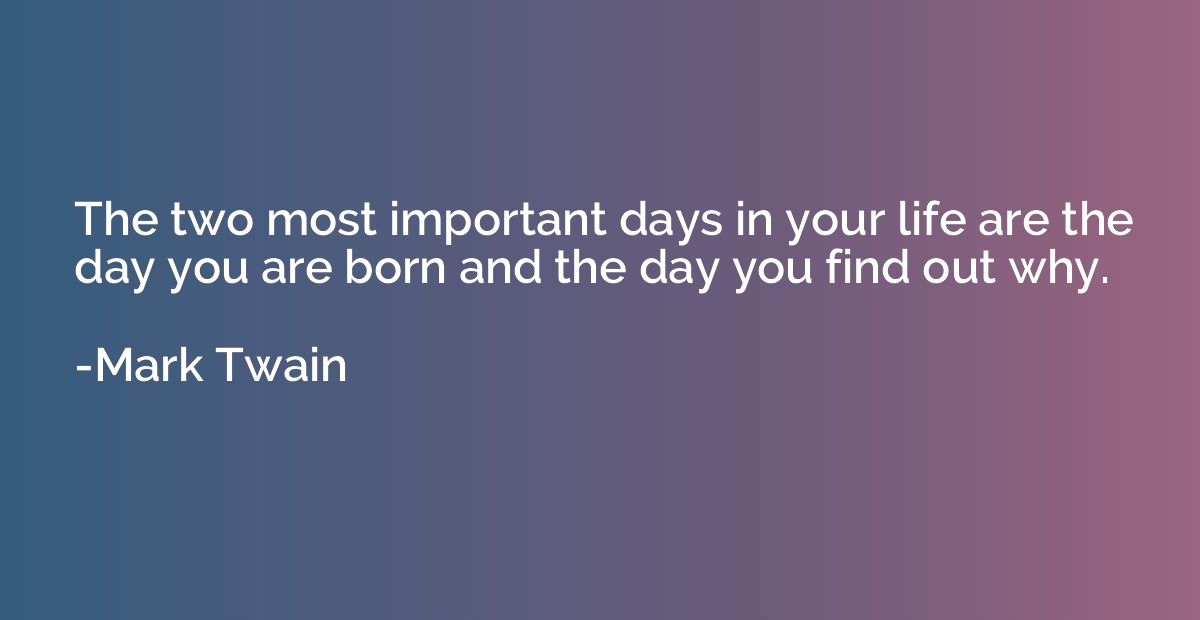Quote by Ralph Waldo Emerson
When we are young, we spend much time and pains in filling our note-books with all definitions of Religion, Love, Poetry, Politics, Art, in the hope that, in the course of a few years, we shall have condensed into our encyclopaedia the net value of all the theories at which the world has yet arrived. But year after year our tables get no completeness, and at last we discover that our curve is a parabola, whose arcs will never meet.
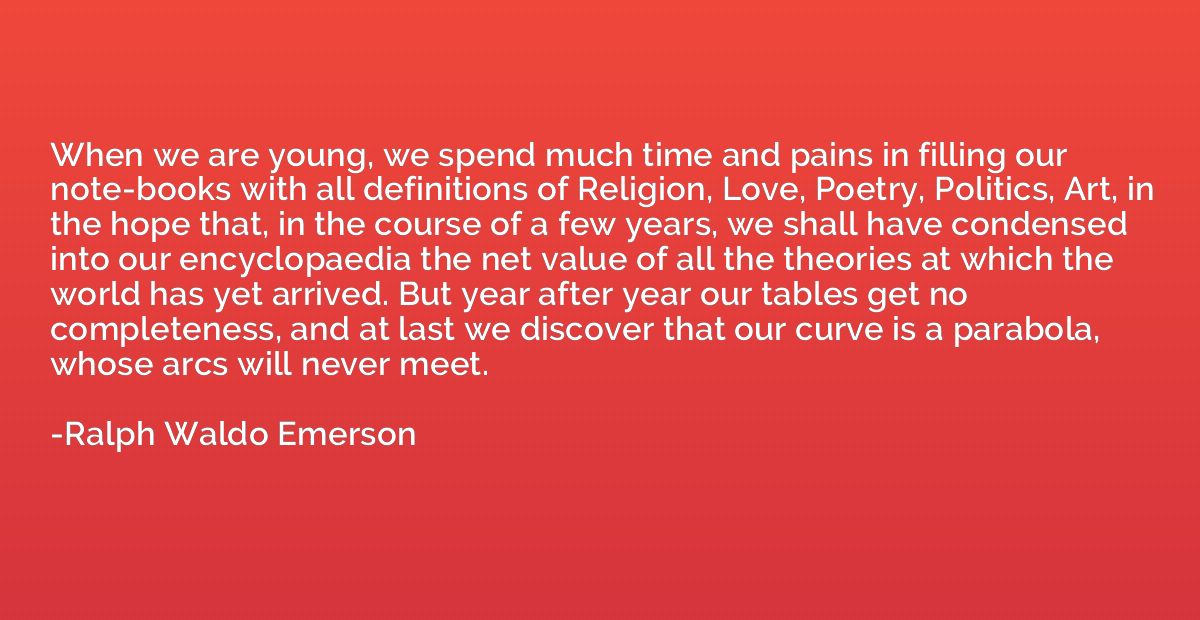
Summary
This quote reflects on the futile effort of seeking ultimate knowledge and understanding in various aspects of life. It suggests that as young individuals, we strive to accumulate vast amounts of information, hoping to encapsulate the essence of religion, love, poetry, politics, and art in our minds. However, as time passes, we realize that our pursuit for complete knowledge is endless and unattainable. The metaphor of a parabola emphasizes the idea that our quest for wisdom is both continuous and boundless, with no finite endpoint to reach.



